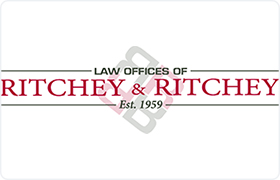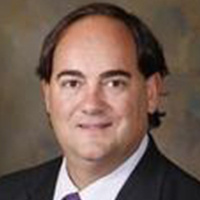Fairfield Estate Lawyer, Alabama, page 2
Sponsored Law Firm
-
 x
x

Click For More Info:
-
Ritchey & Ritchey
1740 Oxmoor Road Birmingham, AL 35209» view mapEstate Planning, Wills & Probate, Elder Law Small Firm Attention. Large Firm Capability.
Ritchey & Ritchey, one of the oldest law firms in Birmingham as well as Alabama, was founded in 1959 on a simple premise: provide clients with guidance and expertise.
205-271-3100
Jacquese Antoinette Gary
Divorce & Family Law, Wills & Probate, Criminal
Status: In Good Standing Licensed: 13 Years
Marvin E. Simpson
Criminal, Family Law, Personal Injury, Wills & Probate, Business
Status: In Good Standing Licensed: 23 Years
FREE CONSULTATION
CONTACTFrank Edward Lee
Wills & Probate, Child Support, Divorce & Family Law, Criminal
Status: In Good Standing Licensed: 22 Years
Stephanie Angela Hunter
Estate, Divorce & Family Law, Accident & Injury
Status: In Good Standing Licensed: 13 Years
Keith Douglas Preston
Estate, Criminal, Accident & Injury
Status: In Good Standing Licensed: 33 Years
Melanie Welsch Allums
Estate, Divorce & Family Law, Criminal, Accident & Injury
Status: In Good Standing Licensed: 12 Years
 Ferris Ritchey Birmingham, AL
Ferris Ritchey Birmingham, AL Practice AreasExpertise
Practice AreasExpertise